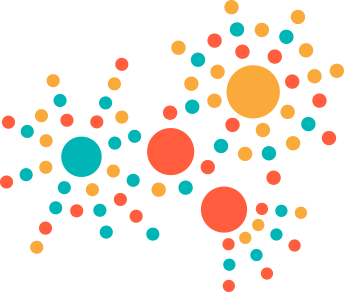What Is Computational Thinking?
Computational thinking trains the mind to see the ways in which the special skills of ubiquitous modern computational devices can be harnessed to better understand the physical, social, intellectual and cultural worlds we inhabit. It is a step beyond coding or programming, in which the goal is often to formulate instructions for a computer to achieve a predefined goal in a way that recognizes the strengths and limitations of particular hardware. Computational thinking instead emphasizes development of the mind to see how computation can be used to explore a problem and develop a solution in ways that would generally not be possible for the human mind standing alone. Although it very much involves programming, the idea is to use a computer language that provides the most direct link possible between idea and implementation; the human tends to be insulated from the details of the particular machine and instead focuses energy, much as in traditional critical thinking, on the questions that need to be asked and the information needed to be discovered. It is an incredibly empowering skill. In the same way that writers feel emboldened to use traditional languages to write on a diversity of real and imagined experiences, computational thinkers have the courage to just start computing about anything that strikes their interest in their personal and professional lives. It is a way of asking real questions about our world and, often, getting real answers.
Why Does Computational Thinking Matter?
One might think that computational thinking is somehow only relevant to STEM education, but that is not true. Computational thinking is relevant across the whole curriculum. To social studies. To language arts. To music. To art. Even to sports. In every one of these areas, there are very powerful—and often very clarifying—things that can be done with computation and computational thinking, and the great thing is that it is all accessible to kids. Students who learn computational thinking will continue to use it throughout their lives. Doctors, lawyers, teachers, farmers, whoever. The future of all these professions will be full of computational thinking. Whether it is sensor-based medicine, computational contracts, education analytics or computational agriculture—success is going to rely on being able to do computational thinking well.
